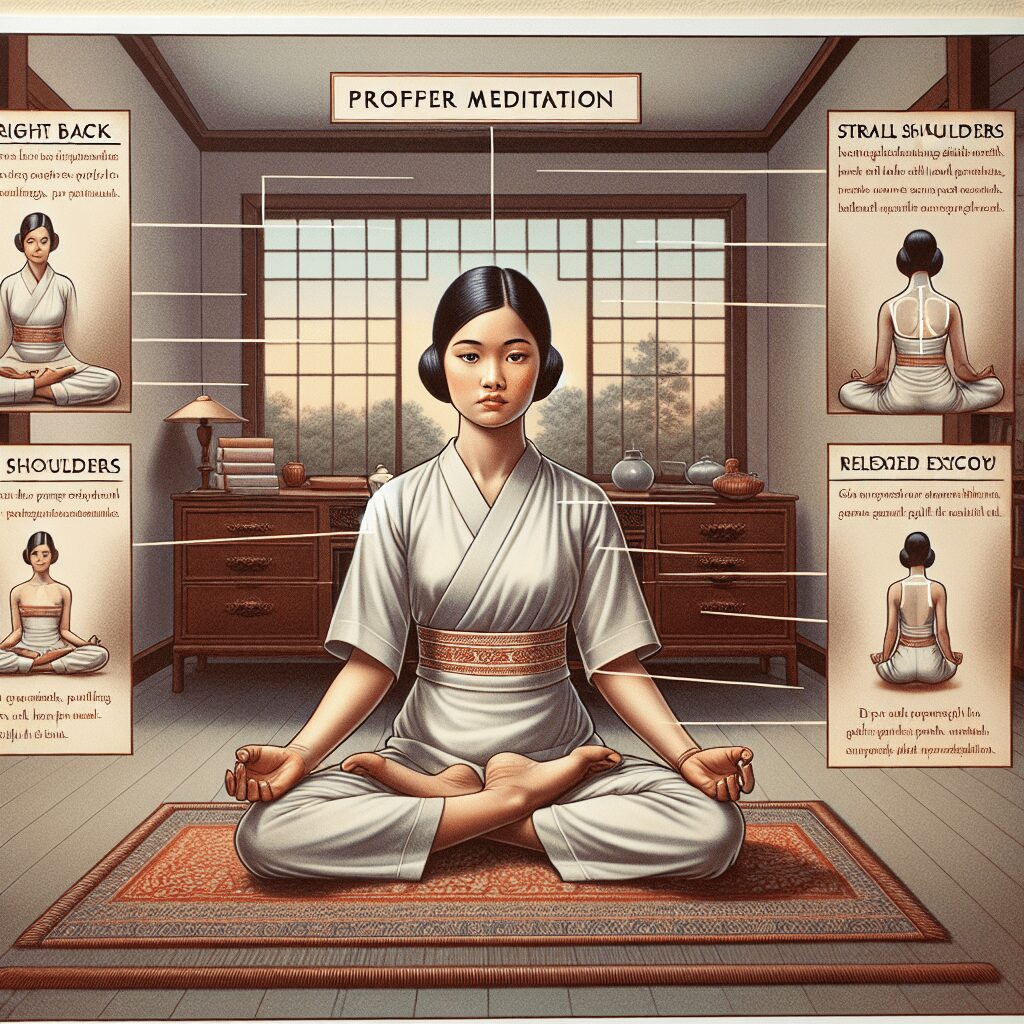
Prioritize your mental well-being daily. Enhance your life by nurturing your mental health with the Smart Meditation app. Break free from stress, alleviate anxiety, and enhance your sleep quality starting today.
Does Meditating Reduce Stress?
Unlocking the Secret to a Stress-Free Life: Meditation
In today’s fast-paced world, where the hustle and bustle never seem to end, stress has become a constant companion for many of us. It’s like that uninvited guest at a party who refuses to leave, no matter how many hints you drop. But what if I told you there’s a way to show stress the door? Enter meditation – a practice as ancient as time but as relevant as ever.
The Science Behind Serenity
Alright, let’s dive into the nitty-gritty. At its core, meditation is about training your mind to focus and redirect your thoughts. You could call it a workout for your brain, minus the sweat and expensive gym membership. But the magic question is, does meditating actually reduce stress?
You betcha! Studies are piling up like unread emails, each confirming that meditation doesn’t just help; it works wonders. For starters, it lowers levels of cortisol, the notorious stress hormone that your body pumps out when you’re feeling pressured. Think of cortisol as the body’s built-in alarm system. Handy in emergencies, but you don’t want it blaring all the time.
Moreover, meditation increases mindfulness, which in plain English means being present in the moment. Instead of fretting about that presentation next week or mulling over that awkward conversation from yesterday, you’re focused on the here and now. Think of it as giving your brain a well-deserved break.
A Beginner’s Guide to Befriending Your Mind
So, you’re intrigued and ready to give it a whirl? Brilliant! Here’s the lowdown on getting started without feeling like you’re trying to decipher an ancient code:
-
Find Your Niche: There’s a smorgasbord of meditation styles out there. From guided (think meditation with training wheels) to mindfulness, and even moving meditations like yoga. Sample a few and see what clicks.
-
Location, Location, Location: You don’t need to trek to the Himalayas or find a secluded beach at sunrise. A quiet spot in your home where you’re unlikely to be disturbed is perfect.
-
Timing is Everything: Start with just a few minutes each day. Yes, even five minutes can make a difference. It’s like dipping your toes in the water before plunging in.
-
Posture Matters: Sit comfortably, whether it’s on a chair or cross-legged on the floor. Keep your back straight, like there’s a string pulling you up from the crown of your head. No need to imitate a pretzel.
-
Breathing is Key: Focus on your breath. Breathe in, breathe out. Notice how your chest and abdomen rise and fall. It’s not about changing your breathing pattern, just observing it.
-
Wandering Mind? No Problem: If your mind starts planning dinner or reminiscing about that time in third grade, gently bring your focus back to your breath. It’s all part of the process.
Before you know it, you’ll be feeling more zen than a monk on a mountaintop. And as you get the hang of it, you may find that stress has packed its bags and left, leaving you feeling more relaxed and focused. So, why not give it a shot? Your brain—and your cortisol levels—will thank you.





